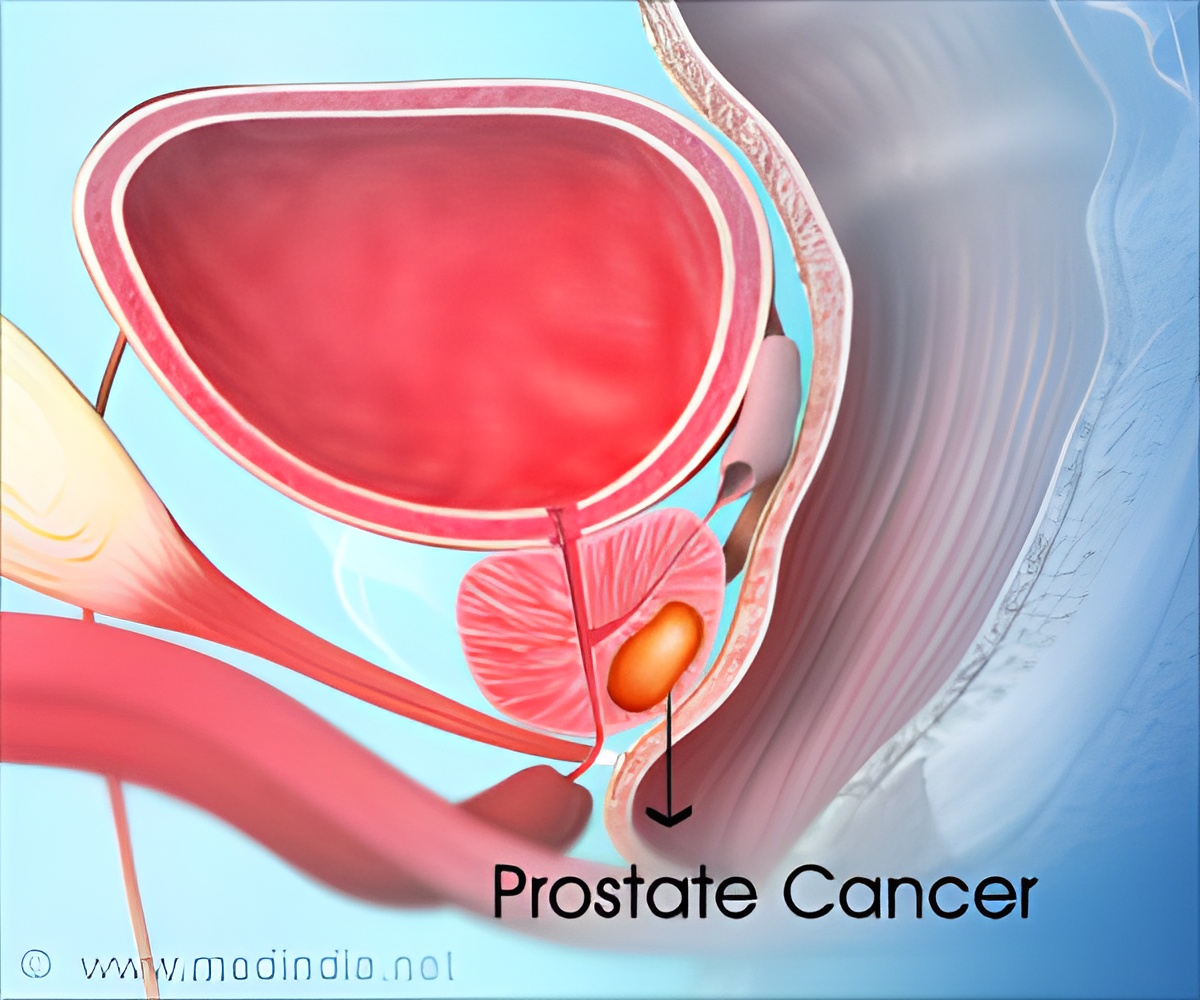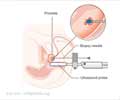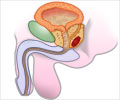The drug abiraterone acetate is metabolized by gut bacteria to reduce harmful organisms while promoting those fighting prostate cancer, revealed research.

TOP INSIGHT
The drug abiraterone acetate is metabolized by gut bacteria to reduce harmful organisms while promoting those fighting prostate cancer.
"Unfortunately, traditional androgen deprivation therapies are not always effective," explains Dr. Joseph Chin, Lawson Associate Scientist, Professor at Schulich Medicine & Dentistry and Urologist at London Health Sciences Centre (LHSC). "In those cases, alternative therapies are explored."
"When drugs are taken orally, they make their way through the intestinal tract where they come into contact with billions of microorganisms," says Dr. Jeremy Burton, Lawson Scientist, Associate Professor at Schulich Medicine & Dentistry and lead researcher on the study. "While it's long been a mystery why abiraterone acetate is so effective, our team wondered if the gut microbiome plays a role."
Study Details
The study included 68 patients with prostate cancer from LHSC. The patients group had those treated with abiraterone acetate and with traditional androgen deprivation therapies. The patients' stool samples were analyzed.
Patients who took abiraterone acetate had altered gut microbiome. The gut bacteria metabolized the drug leading to an increase in Akkermansia muciniphila bacterium.
- Referred to as next-generation probiotic.
- Facilitated better response to cancer immunotherapy drugs.
- Lead to higher vitamin K2 production, known for its anti-cancer properties.
In another study, researchers explored whether fecal microbiota transplants from a healthy donor can change the microbiome of melanoma patients to increase Akkermansia muciniphila bacteria and improve response immunotherapy.
"While more research is needed, we may one day be able to analyze a patient's microbiome to determine the best course of treatment or even influence the microbiome to improve outcomes," says Dr. Burton. "This could lead to a new frontier in personalized medicine."
Abiraterone acetate
It is a highly effective therapy used in prostate cancer treatment. It works to reduce androgens in the body. The drug is taken orally.
Source-Medindia
 MEDINDIA
MEDINDIA




 Email
Email










